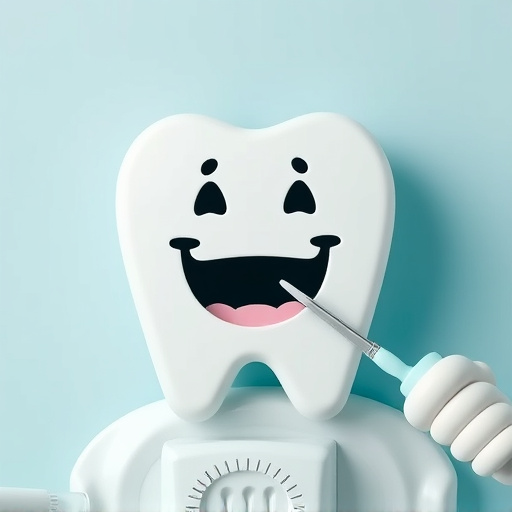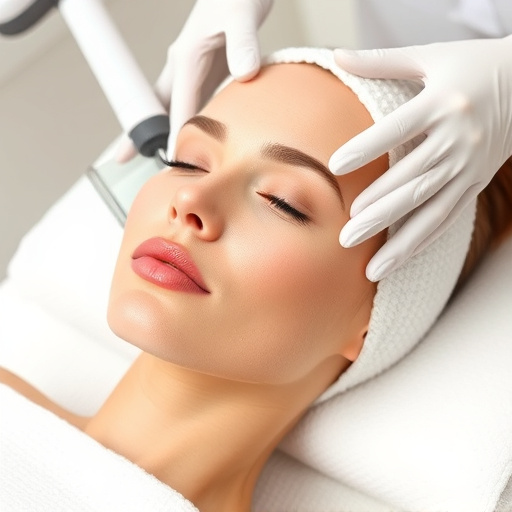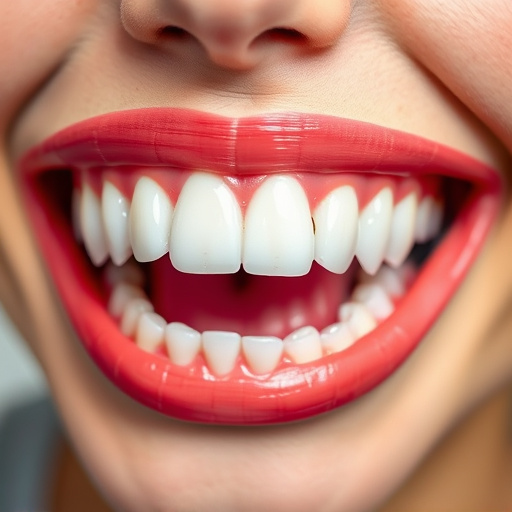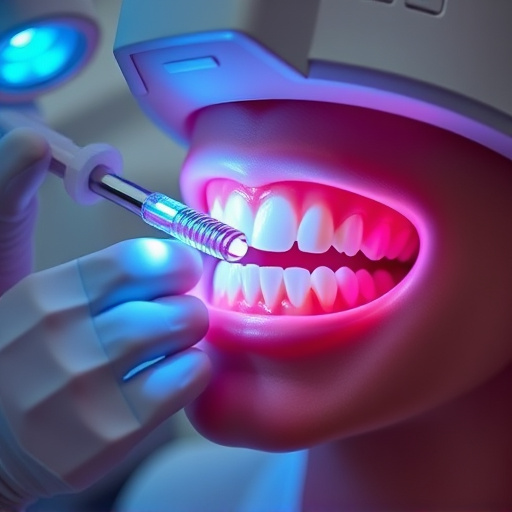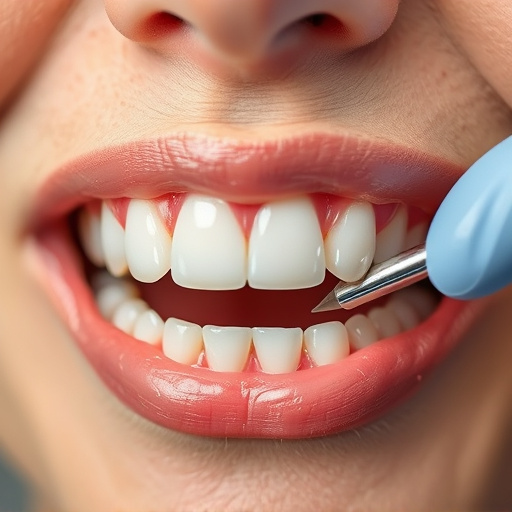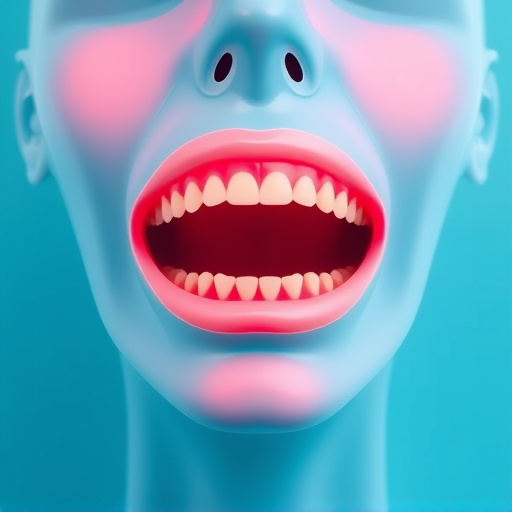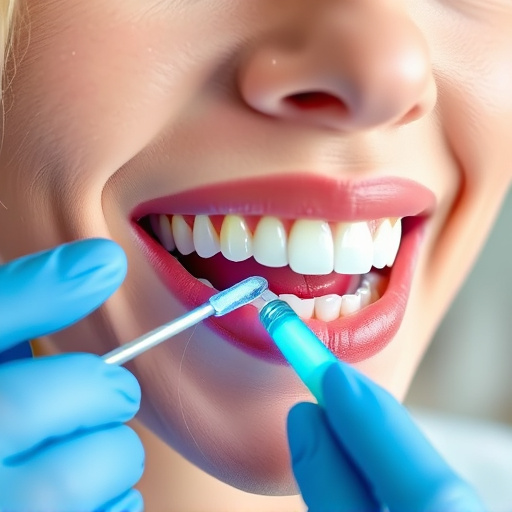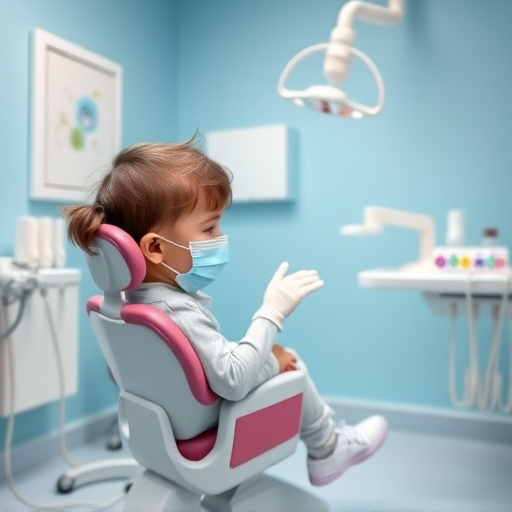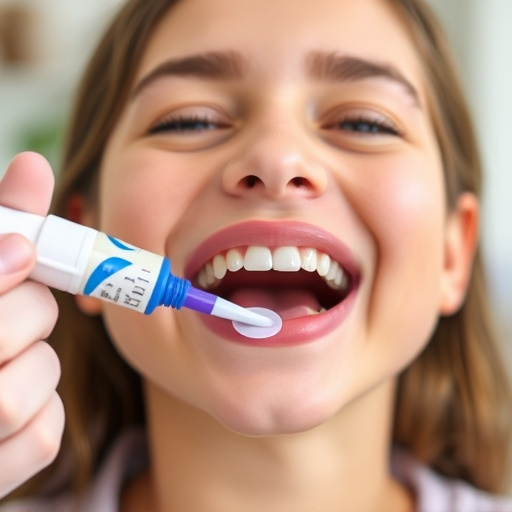Maintaining dental health for seniors requires a tailored approach addressing increased risks of decay and gum disease due to reduced saliva and medical conditions. Regular screenings using advanced technologies detect early signs of issues like oral cancer, enhancing treatment outcomes and saving costs. Good oral hygiene practices, including soft-bristled brushing, flossing daily, and regular dentist visits, prevent dental problems and promote overall health for seniors.
As people age, their dental health needs evolve, making dental care for seniors a critical aspect of overall wellness. This article delves into the unique considerations that come with senior dental health, focusing on oral screenings as a powerful tool in preventive care. We explore effective brushing and flossing techniques tailored to the needs of seniors, empowering caregivers and older adults alike to maintain vibrant oral health well into their golden years.
- Understanding Senior Dental Health Needs
- The Role of Oral Screenings in Preventive Care
- Effective Brushing and Flossing Techniques for Seniors
Understanding Senior Dental Health Needs
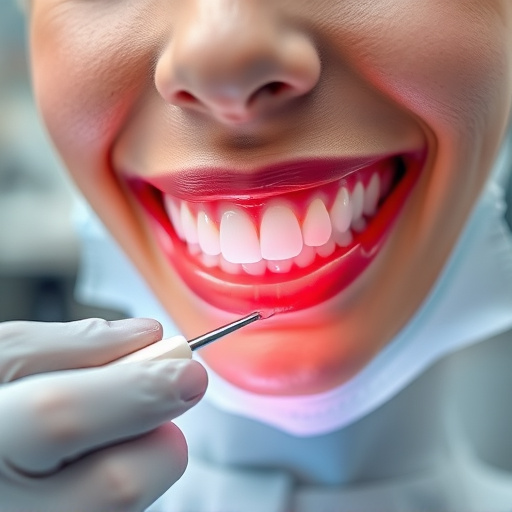
As people age, their dental health needs evolve, requiring a tailored approach to maintain optimal oral well-being. Senior citizens often face unique challenges that can impact their overall dental care journey. Understanding these specific needs is paramount in ensuring effective and efficient dental care for seniors. One of the primary considerations is the increased risk of tooth decay and gum disease. Aging can lead to reduced saliva production, which acts as a natural defense against bacteria, making older adults more susceptible to cavities and periodontal issues. Additionally, certain medical conditions prevalent in the senior population, such as diabetes or cardiovascular diseases, are closely linked to oral health complications.
Regular dental screenings become instrumental in identifying these potential problems early on. During these visits, dentists can assess not only the teeth and gums but also overall mouth health, which is crucial given that dental issues can have far-reaching effects on an individual’s quality of life. Moreover, addressing concerns like tooth sensitivity or decay promptly can prevent the need for extensive procedures, including dental fillings or even tooth repair surgeries, and maintain a beautiful smile through cosmetic dentistry techniques if required.
The Role of Oral Screenings in Preventive Care
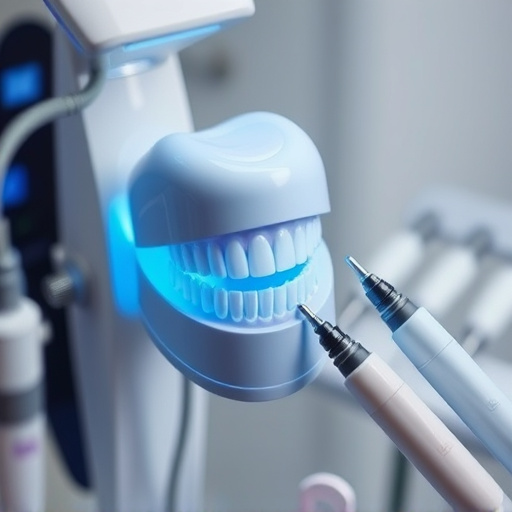
Oral screenings play a pivotal role in preventive dental care for seniors. These thorough examinations go beyond cleaning and filling to detect potential issues early on. By incorporating advanced technologies and detailed assessments, dentists can identify signs of gum disease, oral cancer, and other age-related oral health problems before they become severe. This proactive approach not only saves time and money but also significantly improves treatment outcomes.
Comprehensive dental care for seniors involves regular oral screenings that serve as a cornerstone of preventive dentistry. During these screenings, dentists may recommend various procedures, such as dental crowns, to restore damaged teeth or address issues like tooth decay or wear. By integrating preventive measures into their routine dental care, seniors can maintain optimal oral health and overall well-being.
Effective Brushing and Flossing Techniques for Seniors
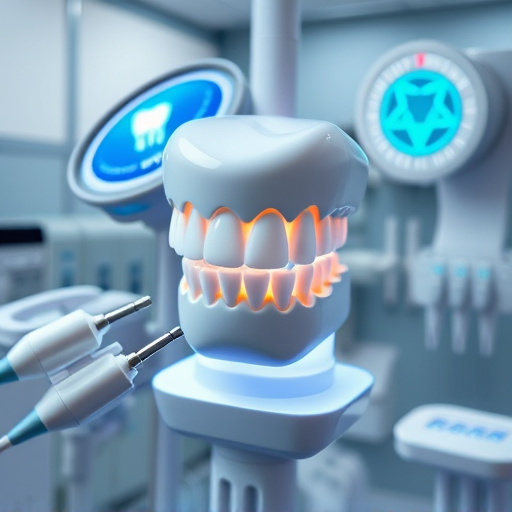
Maintaining good oral hygiene is essential for seniors to prevent dental issues and promote overall health. Effective brushing and flossing techniques are crucial aspects of dental care for seniors. It’s recommended that they use a soft-bristled toothbrush with fluoride toothpaste, as this combination helps remove plaque and tartar buildup without causing gum irritation. A gentle, circular motion while brushing ensures the entire tooth surface is cleaned, including hard-to-reach areas.
For flossing, seniors should opt for traditional string floss or water flossers designed for ease of use. Flossing once a day removes plaque and food particles stuck between teeth and under the gum line, reducing the risk of gingivitis and periodontitis. It’s also important to consider that certain medical conditions, such as arthritis, may affect dexterity, making it challenging to perform traditional flossing techniques. In such cases, water flossers or specialized dental picks can be excellent alternatives, ensuring proper preventive dentistry without causing discomfort. Additionally, regular visits to the dentist for oral screenings and professional cleanings are vital, especially when addressing concerns like impacted wisdom teeth or needing procedures like cosmetic fillings.
Dental care for seniors is an essential component of overall health and well-being. By understanding their unique oral health needs, incorporating regular oral screenings, and mastering effective brushing and flossing techniques, individuals can maintain a healthy smile throughout their later years. These proactive measures not only prevent dental issues but also contribute to a higher quality of life.


